faqs
Your questions, answered.
Got further questions? We're here to help! We've gathered the top 100 most Googled Citizenship by Investment questions & answered them.
Click below to access our full FAQ page and get the answers you need.



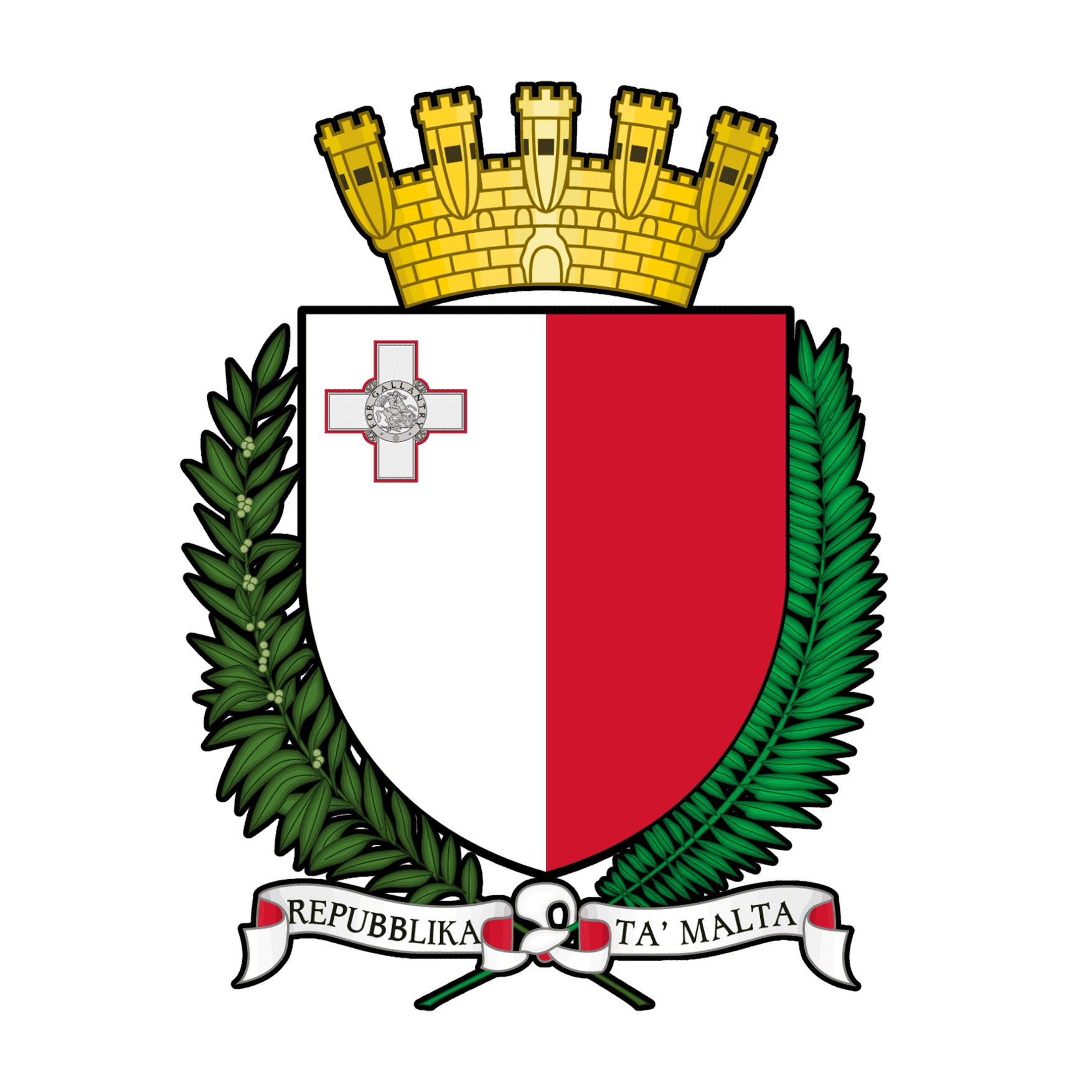
Country: Malta
Capital: Valletta
Population: 520,000
Language: Maltese, English
Timezone: GMT+1
Currency: Euro (EUR)
VISA Free Access: 171
Program Started: 2020
Malta offers one of the most powerful citizenships in the world — full EU rights, Schengen freedom, and access to 171 countries visa free.
With a clear legal pathway to naturalisation via investment, the MEIN (Maltese Exceptional Investor Naturalisation) programme is ideal for those seeking elite global mobility, EU residency benefits, and a premium second passport.
Secure citizenship in just 12 or 36 months with one of Europe’s most prestigious and transparent programs — backed by structured government legislation and unmatched vetting standards.
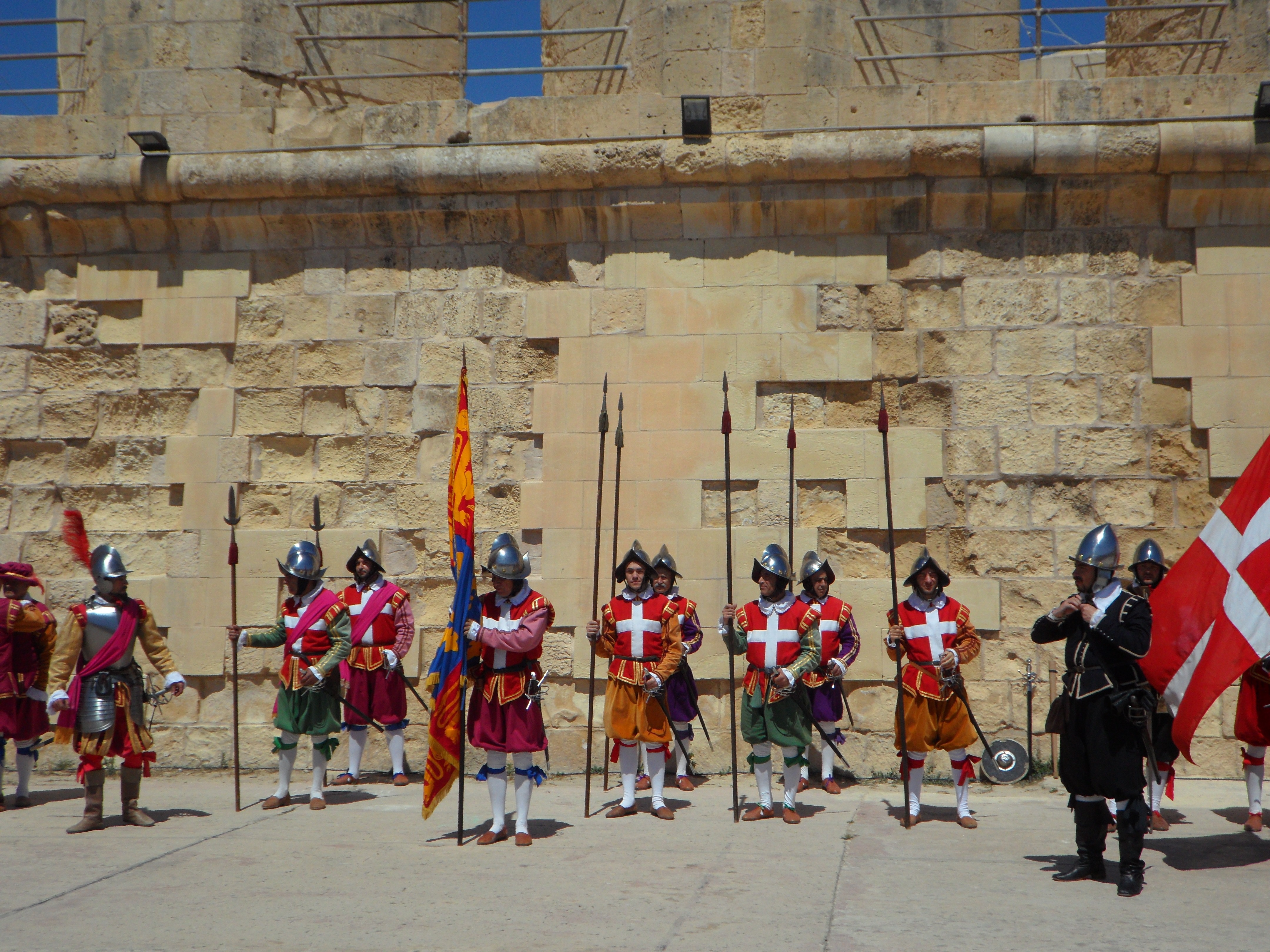
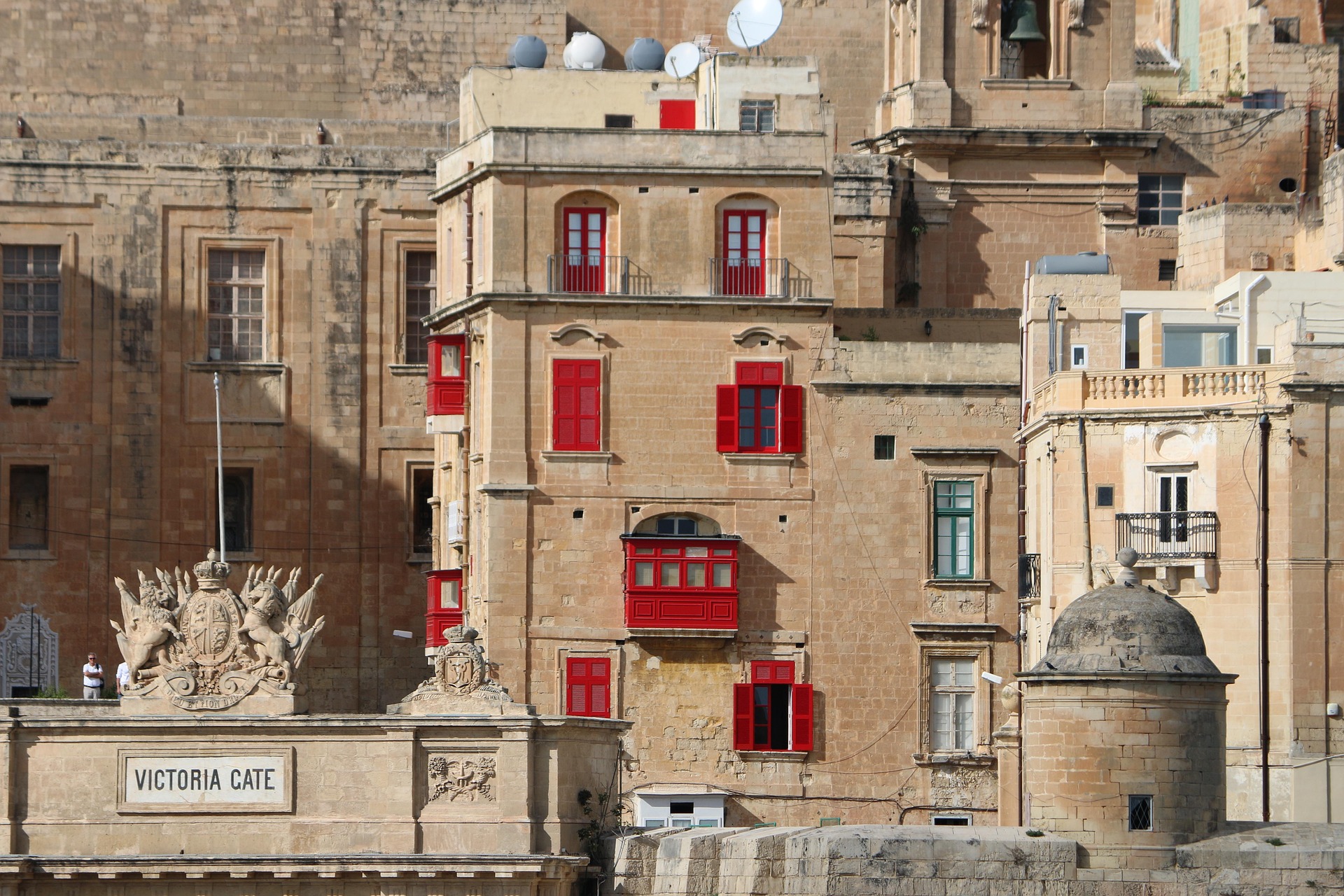
Malta offers two streamlined routes to citizenship:
€600,000: 36-month residency
€750,000: 12-month fast-track residency
Additional requirements include:
Real estate purchase of €700,000+ or lease at €16,000/year (5-year hold)
€10,000 donation to a local NGO
€50,000 per additional dependent
Use our Quote Calculator to instantly compare every global CBI program — find the best-value route for your family in seconds. We’re the first firm in the world to offer a downloadable, fully itemised quote engine.
The program is open to global applicants with clean backgrounds and sufficient financial standing. Legal residency is required — but not full-time living. In most cases, 15 days of physical presence per year is sufficient.
Eligible dependents include:
Spouse
Children up to age 28
Parents and grandparents
All applicants must pass Malta’s 4 Tier due diligence — among the strictest globally. No language test, no military service, and future-born children receive full citizenship automatically.
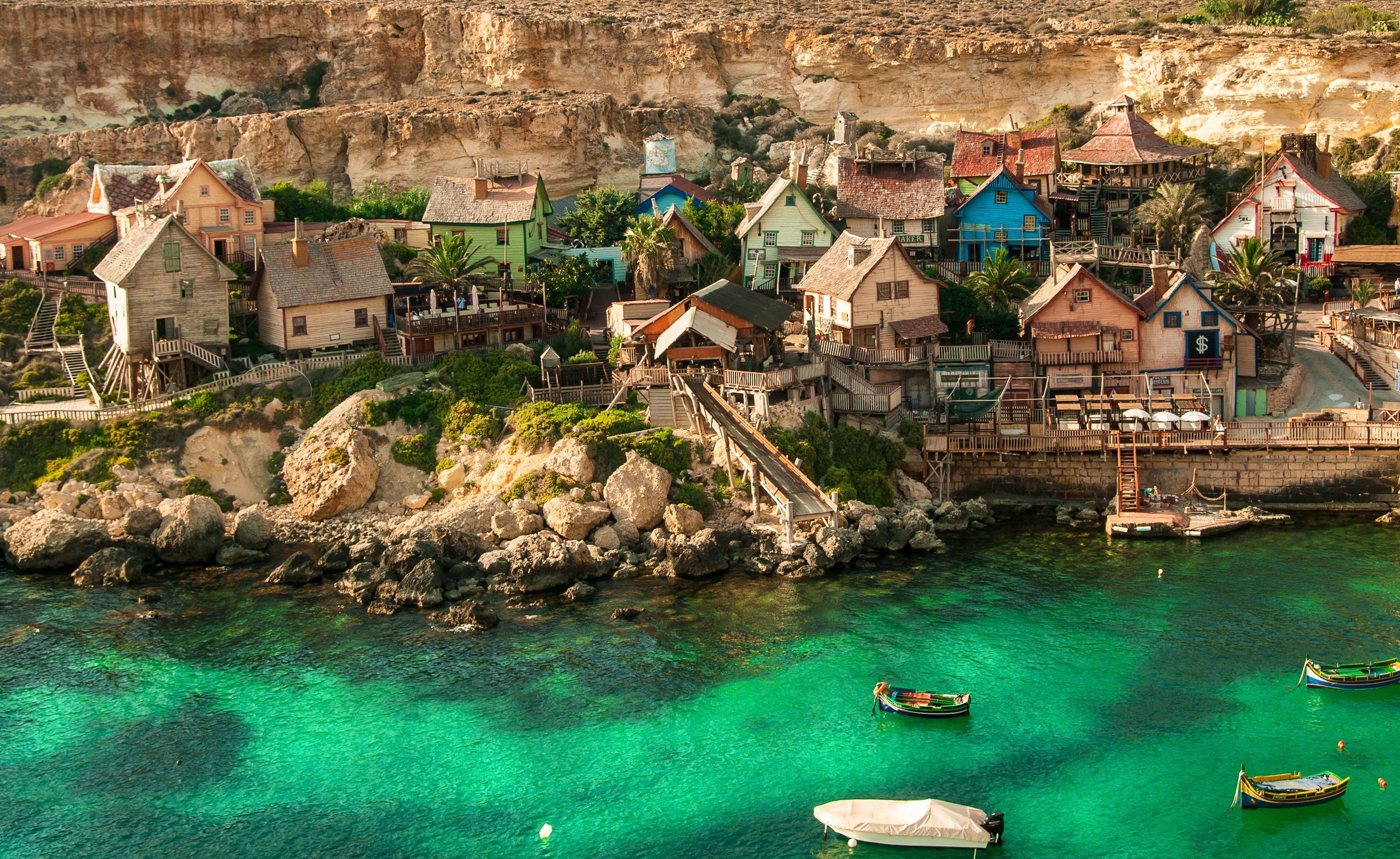
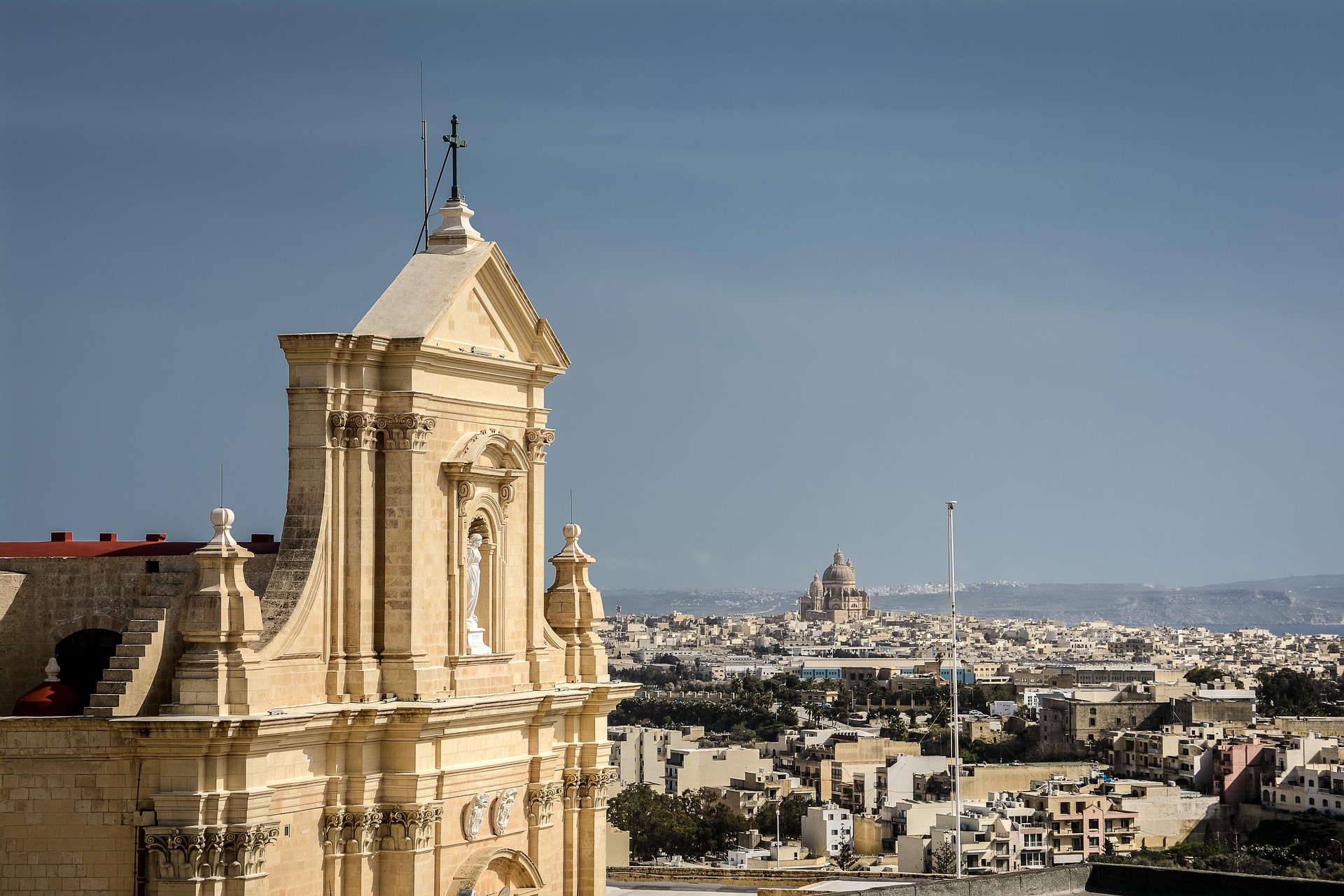
The process is government-controlled and handled exclusively via licensed agents. From start to finish, it’s smooth, discreet, and highly structured:
Residency permit issued after initial vetting
Fulfil investment obligations
Submit final citizenship application after 12 or 36 months
Passport issued after final approval
Our team guides you through every step with precision, keeping all documents, appointments, and timelines fully managed — even if you apply remotely.
Malta offers the rare combination of a top-tier passport, true EU rights, and zero tax exposure — provided you structure things correctly. Key tax benefits include:
No wealth, inheritance, or capital gains tax (non-domiciled)
No property or exit taxes
70+ double tax treaties
Foreign income not taxed unless remitted
Whether for business expansion, educational access, lifestyle planning, or wealth protection — Malta delivers EU security without global tax residency burdens.
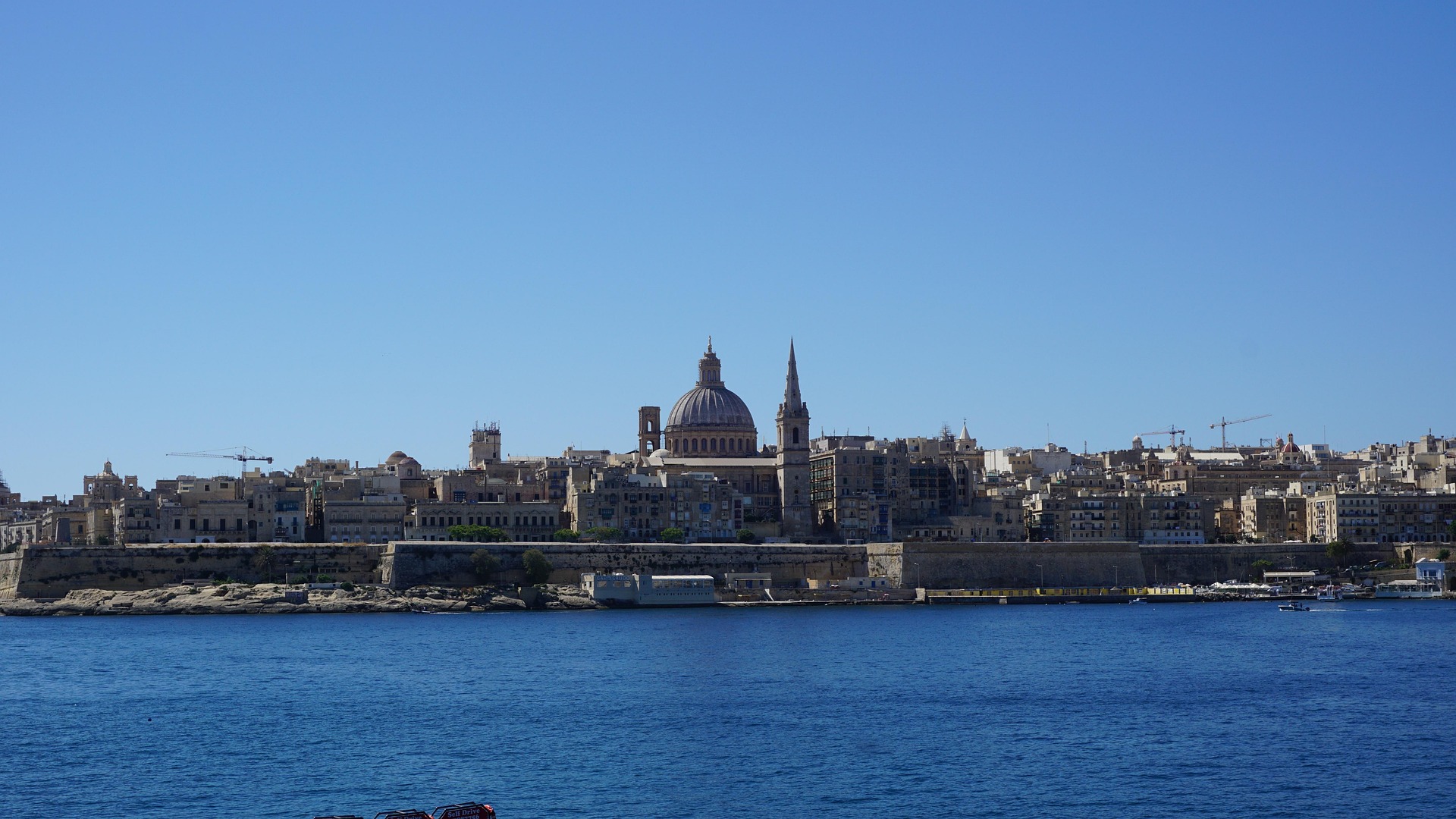
Got further questions? We're here to help! We've gathered the top 100 most Googled Citizenship by Investment questions & answered them.
Click below to access our full FAQ page and get the answers you need.
After onboarding with FFB and passing due diligence, you proceed with the main government contribution (€600,000 or €750,000), secure property (purchase or rental agreement), and make the €10,000 charitable donation. A residence permit is then held for either 12 or 36 months. Following this, citizenship is granted— and you can receive your passport within 2–4 weeks of approval.
Absolutely. Malta allows dual citizenship, meaning you keep your original nationality while also acquiring Maltese citizenship — no need to renounce your passport.
However, keep in mind that not all countries permit dual citizenship, and your country of current citizenship may not allow you to acquire citizenship elsewhere. If your country does not allow it, the only way to hold multiple passports would be to renounce your existing citizenship.
The programme operates under the Maltese Citizenship Act, specifically the Exceptional Investor Naturalisation regulations (LN 437 of 2020). This sets out investment, residency, and due diligence requirements.
At present, the Malta passport offers visa-free, visa-on-arrival, or ETA access to the countries listed below. Please note that these are subject to frequent changes and may be updated periodically.
Albania, Andorra, Angola, Antigua and Barbuda, Argentina, Armenia, Austria, Bahamas, Bangladesh, Barbados, Belarus, Belgium, Belize, Bosnia and Herzegovina, Botswana, Brazil, Brunei, Bulgaria, Chile, China, Colombia, Comoros, Costa Rica, Croatia, Cyprus, Czech Republic, Denmark, Dominica, Ecuador, El Salvador, Estonia, Eswatini, Fiji, Finland, France, Gambia, Georgia, Germany, Greece, Grenada, Guatemala, Haiti, Honduras, Hong Kong, Hungary, Iceland, Ireland, Italy, Jamaica, Japan, Kazakhstan, Kosovo, Kyrgyzstan, Laos, Latvia, Lebanon, Liechtenstein, Lithuania, Luxembourg, Macao, Malawi, Malaysia, Maldives, Marshall Islands, Mauritius, Mexico, Micronesia, Moldova, Monaco, Mongolia, Montenegro, Morocco, Nicaragua, North Macedonia, Norway, Palau, Palestinian Territories, Panama, Paraguay, Peru, Philippines, Poland, Portugal, Qatar, Romania, Rwanda, Saint Kitts and Nevis, Saint Lucia, Samoa, San Marino, Sao Tome and Principe, Senegal, Serbia, Singapore, Slovakia, Slovenia, Solomon Islands, Somalia, South Africa, South Korea, Spain, St. Vincent and the Grenadines, Sweden, Switzerland, Taiwan, Tajikistan, Tanzania, Thailand, Timor-Leste, Tonga, Trinidad and Tobago, Tunisia, Türkiye, Tuvalu, Uganda, Ukraine, United Arab Emirates, Uruguay, Uzbekistan, Vanuatu, Vatican City, Venezuela, Zambia, Zimbabwe.
We advise consulting with your Free From Borders advisor for the most up-to-date information at the time of your application. We are not responsible for any changes to the above that occur during or after your application is completed, as these changes are beyond our control and at the discretion of foreign governments' border policies.
.jpg)